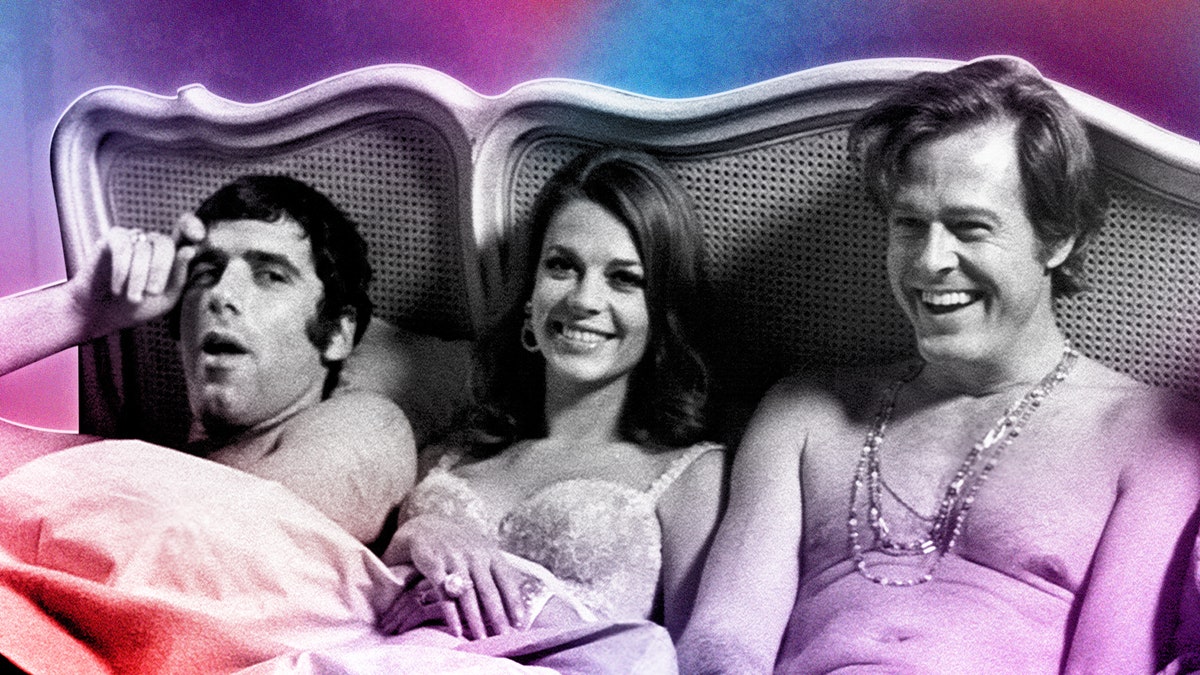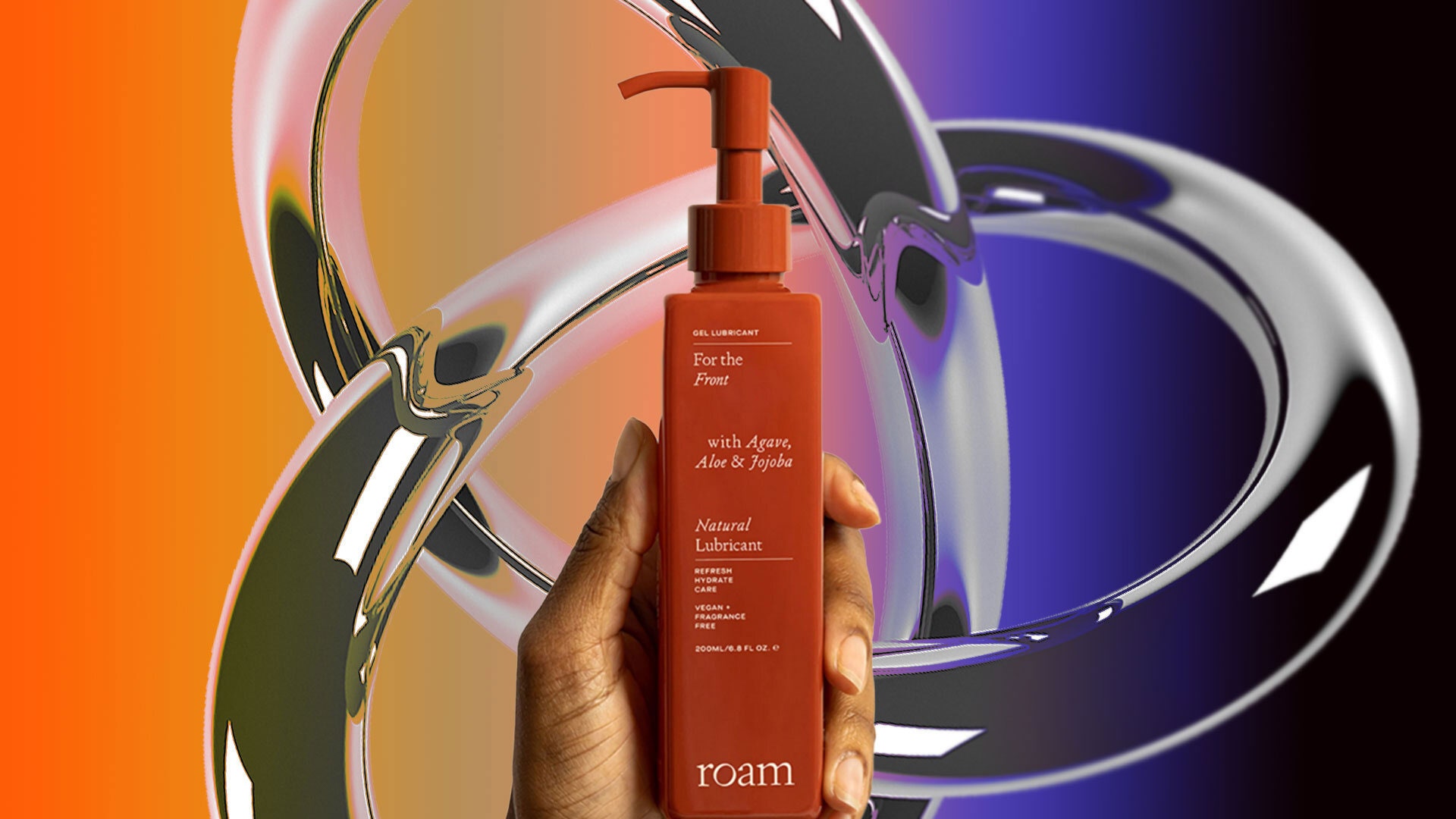Memorable Sex Positions to Try Immediately by Lisa
Once the initial honeymoon phase of a relationship has passed, it’s not uncommon for couples to find themselves in a sexual routine that can become monotonous over time. This doesn’t necessarily mean that your relationship is in trouble. It could simply mean that it’s time to introduce some variety into your sex life, such as experimenting with sex toys, sexting, or even considering a threesome. Alternatively, you could simply try changing up your sex positions.
Comfort and familiarity can often lead to laziness in the bedroom, especially for couples who live together. This can result in a repetitive one-position routine that can make sex feel uninspiring. While there’s nothing wrong with the missionary position, there’s a whole world of other positions out there waiting to be explored. And it’s not just couples who can fall into this trap. Single people can also find themselves having sex in the same position with different partners. Why not try to impress your dating app matches with your sexual skills? Even if things don’t go as planned, it can still make for a great story for your next date.
So, to help you add some excitement to your sex life, here are some of the best sex positions to try. Most of them don’t require any pre-workout preparation.
The Wheelbarrow
This position is ideal for those who enjoy deeper penetration and appreciate a good view of their partner’s backside. There are two variations of this position: the Standing Wheelbarrow and the Seated Wheelbarrow. The former involves one partner standing while the other has their hands on the floor and their legs wrapped around the standing partner’s waist. The latter is a more accessible version where the standing partner sits down. This position requires a moderate level of fitness and isn’t suitable for a quickie.
Tight Squeeze
This position is perfect for when you’re feeling physically tired but still in the mood. The penetrating partner lies on top of their partner, who is lying flat on their stomach with their legs together. Small movements can lead to big sensations. This position requires slow and deep penetration, so using lube or engaging in some foreplay to reduce friction can be beneficial.
The G-Whiz
This position is said to target a woman’s elusive G-spot, although its existence is technically unproven. It’s also suitable for gay couples. The person being penetrated lies on their back with their legs resting on their kneeling partner’s shoulders. For extra support, the person being penetrated can rest their feet on their partner’s chest. Don’t forget to use your hands for additional stimulation.
The Pretzel
If you’re tired of alternating between missionary and doggy style, The Pretzel could be the perfect solution. This position combines the deep penetration of doggy style with the intimate eye contact of missionary. The person being penetrated lies on their side with their bottom leg curled behind them and their top leg wrapped around their kneeling partner. The penetrating partner can use their hands for extra support and deeper thrusts.
The Sofa Edge
This position involves a quick burst of sex on the sofa. The penetrating partner sits down with their partner on top, legs spread wide. It’s a spontaneous position that allows for deep penetration and is perfect for a quick pleasure hit.
Corkscrew
This position is ideal for a lazy receiver and a penetrating partner who wants to work on their leg muscles. The person being penetrated lies on their side at the edge of the bed with their back to their partner. The penetrating partner stands behind them, straddling the person lying down, and thrusts at their own pace. The person being penetrated can also thrust to match their partner’s rhythm. This position allows for deep and varied penetration.
Amazon/Warrior
This position is known as Amazon for straight couples and Warrior for gay couples. The penetrating partner lies flat on their back and lifts their legs into a tabletop position. The other partner squats down to be penetrated and rests their knees on either side of their partner’s body. If the person on the bottom has enough core strength, they can lift themselves up to hold their partner for a closer embrace. This position requires some stamina and can be awkward to maintain, but it allows for varied penetration and lots of eye contact.
The Caboose
This position is like an upright version of spooning. The penetrating partner sits on the bed or a chair, and the person being penetrated sits on top of them. Both partners can participate in the thrusting, making it a more equal experience.
Golden Arch
This position is perfect for couples who want a good view of each other’s bodies. Both partners sit facing each other; the person being penetrated sits on their partner’s lap, placing their knees over their partner’s thighs. Both partners lean back and match each other’s thrusting tempo. It’s a very intimate position, so it might be best to wait until you’re comfortable with each other before trying it.
Lotus
If you want to get really close to your partner, the Lotus position is the one to try. The penetrating person sits cross-legged, while their partner climbs onto their lap, wrapping their legs around them. This position is perfect for couples who want more connection during sex.
While everyone has their own favourite sex positions, introducing new ones into your routine can help to rejuvenate your relationship. The key is to be considerate and complimentary. After all, feeling sensual is a crucial part of wanting to have sex.







